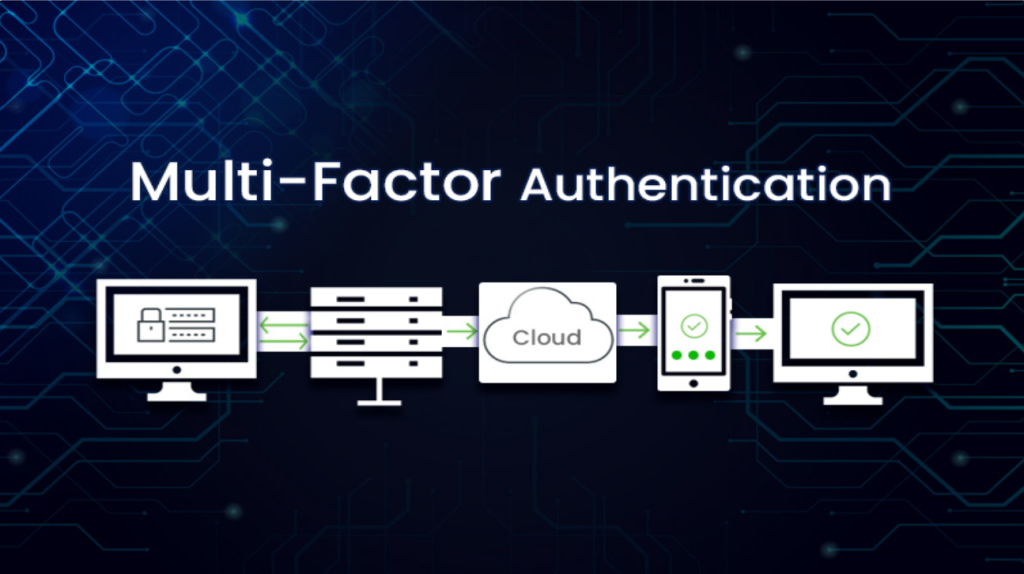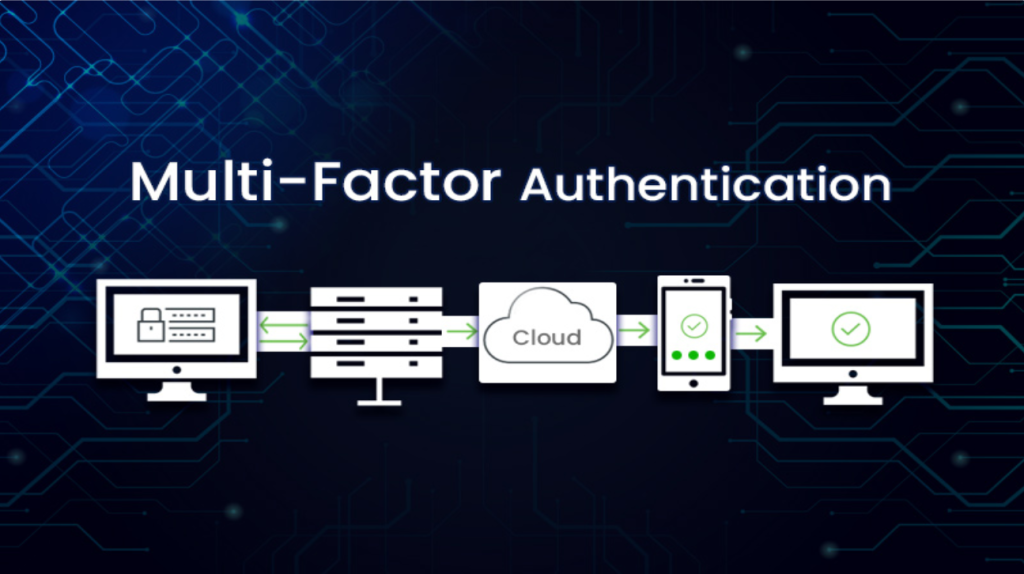Irrespective of the industry you are catering to, Virtual Private Networks (VPN) are still used at large to meet the organizational IT ecosystem demands. These VPNs enable remote users to securely establish connection with the core IT infrastructure components, be it over on-prem setups or cloud infrastructure hosted with AWS or any other cloud provider. Securing these VPN endpoints is vital, making Multi-Factor Authentication (MFA) a mandate. Well, MFA no doubt is the best way for securing your VPN, as a stolen credential can wreak havoc for your enterprise. Moreover, in case the traditional MFA tools fail to ensure the best protection for your VPN, adopting Avancer IAM solutions with MFA for VPN Security seems the best way out!

Challenges with VPN security:
Before we delve deeper into the way multi factor authentication empowers your VPN, let’s go through the major challenges with a VPN that makes MFA a must have.
- Credential Theft
- Poor Regulatory Compliance
- Less visibility to all devices
- Data Breaches
- Risk involved with exposure to the cloud
When regulatory compliances are not being met, remote systems/devices are not properly visible or accessible. It becomes a tough challenge for enterprises to align their VPNs with programs enabled with MFA for VPN Security. VPN being an integral part of security and connectivity within an organization always needs to be at the forefront with the latest and updated security patches. This in turn ensures protection for sensitive data.
Tightening the VPN infrastructure with extra authentication enables only the right people have access to the specific systems/data/applications. Multi-Factor Authentication (MFA) for VPN Security ensures additional layers of identity assurance. VPN with MFA offers a secure and private IT ecosystem for organizations.
Advantages with multi factor authentication for VPN security:
Here is why you should opt for a multi factor authentication solution for your VPN :
Augmenting Primary Authentication:
With extra layers of authentication through security tokens MFA facilitates your primary authentication like password, for user identity validation. The process requires information about
- What the user has: biometric identifications such as retina scans, fingerprint, face scan, or voice recognition.
- What they know: password, PIN, security question answer, username
- What they have: one-time pass token, smartphone, smart cards
Stringent identity protocols:
MFA for VPN facilitates greater degree of assurance in identity management for users trying to access resources through VPN. With MFA cyber-attackers are prevented from gaining access to your accounts even after stealing your credentials. This is because, the cyber-thief has to pass through more than one layer of security access to get into your account.
Now that the benefits of MFA for VPN are known, you might be ready to go with it right away. But, hold on there is more to it. The point to be noted here is not all MFAs are capable of offering on-prem easy deploy-ability and greater user experience. Which in turn costs the end user with a poor IT security setup and incurs cost.
Common Challenges with traditional MFA:
Implementation on the administrative side poses a major challenge with Multi-Factor Authentication. Managing user access to a VPN and later allowing MFA features over it becomes a daunting task. Manually dealing with extensive provisioning, deprovisioning, and modifying the user access for your VPN really goes out of proportion. To resolve this complexity regarding user access to the VPN most IT admins are looking for a better alternative that brings MFA and VPN keeping identity management as a focus. An identity management solution that offers centralized access to systems and applications on-premise, with hybrid systems, and over the cloud as well. This in turn minimizes the overhead costs, related integrations between systems and applications, VPN as well as directory services such as Active Directory.
Hence, an adaptive MFA for VPN Security becomes the norm of the day for enterprises as securing their centralized resource management setup is vital.
Avancer Adaptive Multifactor Authentication:
With adaptive MFA for VPN Security a business owner gets the MFA configured with the right set of multiple authentication factors closely aligned with their behavior and risk profile within the ongoing process rather than doing one-time risk evaluation and elevation the authentication. Using this solution, Avancer allows enterprises configure their security systems in the following ways:
- Static policies can be set keeping track of factors like user role, location, importance of the resource, and the time of the week or day.
- Over the time typical user behaviour is learnt by the system. Unusual or a new device accessing can be alerted.
- Combining dynamic and static policies for the same
SMS verification, derived credentials, and mobile push notifications are part of the exercises carried out by the adaptive MFA. This is not a typical one-size fits all application for any business, rather its pretty adaptive to diverse levels of risk and manages high risks on priority. It takes note of the location or risky range of IPs that makes your business vulnerable, unusual location than the regular one, the device it is being used on (whether its unusual), or a user accessing applications/servers/information he/she has never done. With such kind of security through MFA, your business stays secure as well as your IT resources are less burdened in the long run. They are secure, simple and adaptive to empower your enterprise information security.
How Avancer can help?
When it comes to providing MFA for your VPN, Avancer leaves no stone unturned. The solutions from Avancer ensure that you are off the load of managing overhead costs associated to network infrastructure management or building it all the while enjoying a centralized top-notch identity and access management system. It’s IDaaS (Identity-as-a-Service) solution over the cloud brings more power to your VPN security using MFA. IT admins are eased off all the stress as the application also offers DaaS (Directory-as-a-Service) solutions that effortlessly integrates with core identity management systems. This ensures that user bases can be seamlessly managed along with their access to applications, systems, infrastructures through a single set of credentials.
Apart from all this, Avancer IAM solutions for your VPN with MFA are easy to use, non-intrusive, flexible, and easily deployable throughout the enterprise security stack. Avancer MFA for VPN enables you with additional security requirements in order to give optimum protection against data breaches, without compromising on regulatory compliances at the same time. Be it a hybrid, on-prem or cloud system, it secures your business digital resources by all means. Moreover, connecting incompatible applications and enhanced productivity while securing your VPN are other factors that you should never miss about Avancer IAM solutions with MFA for your VPN security.

